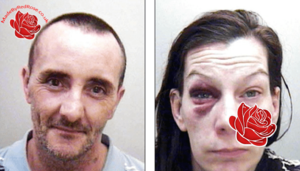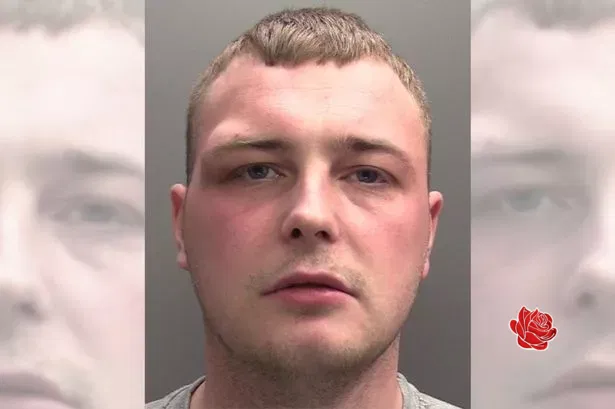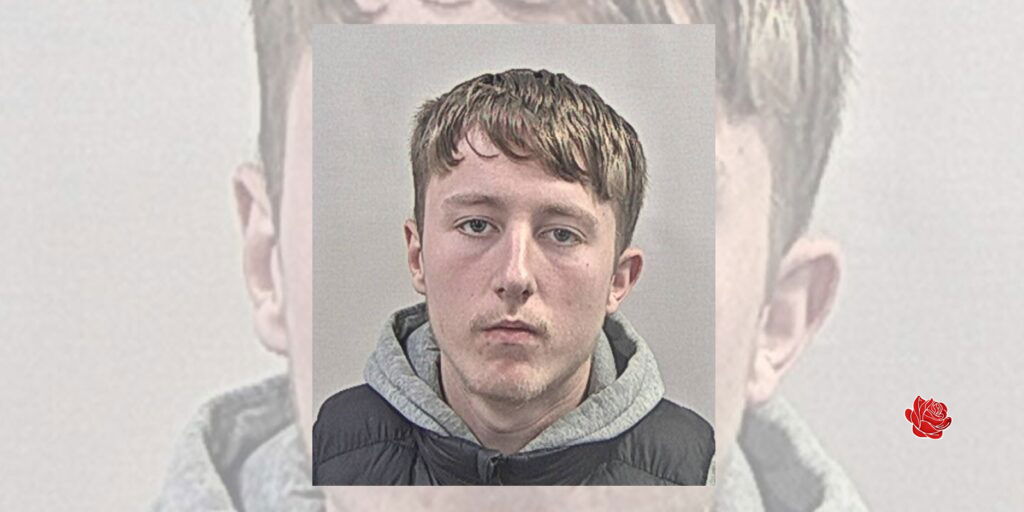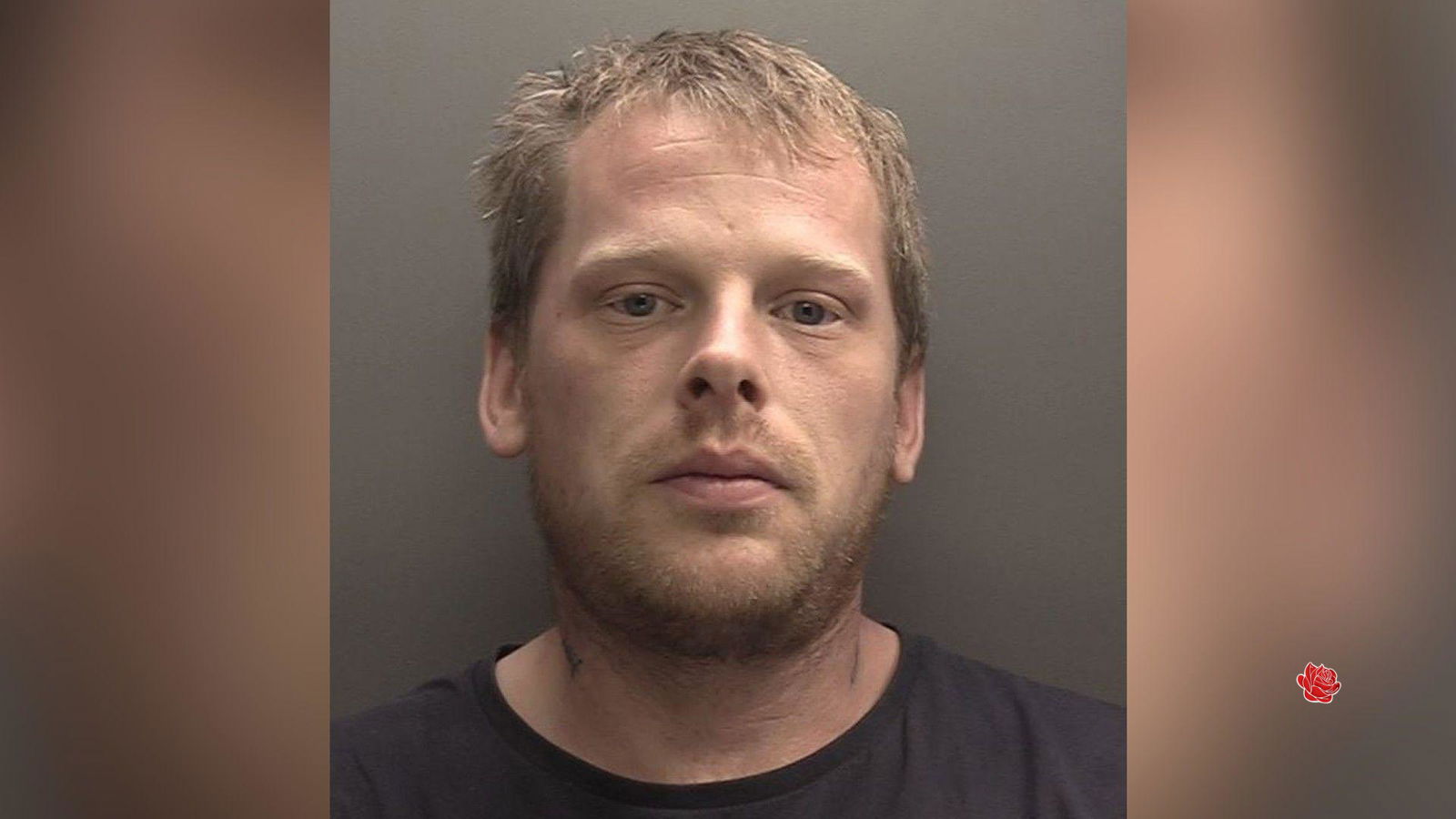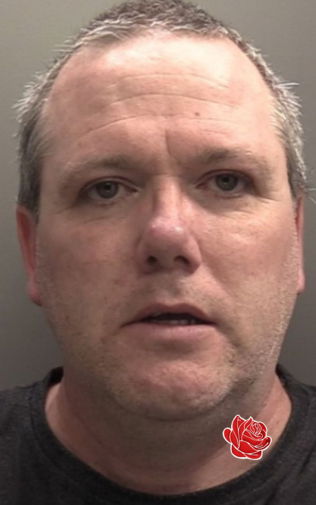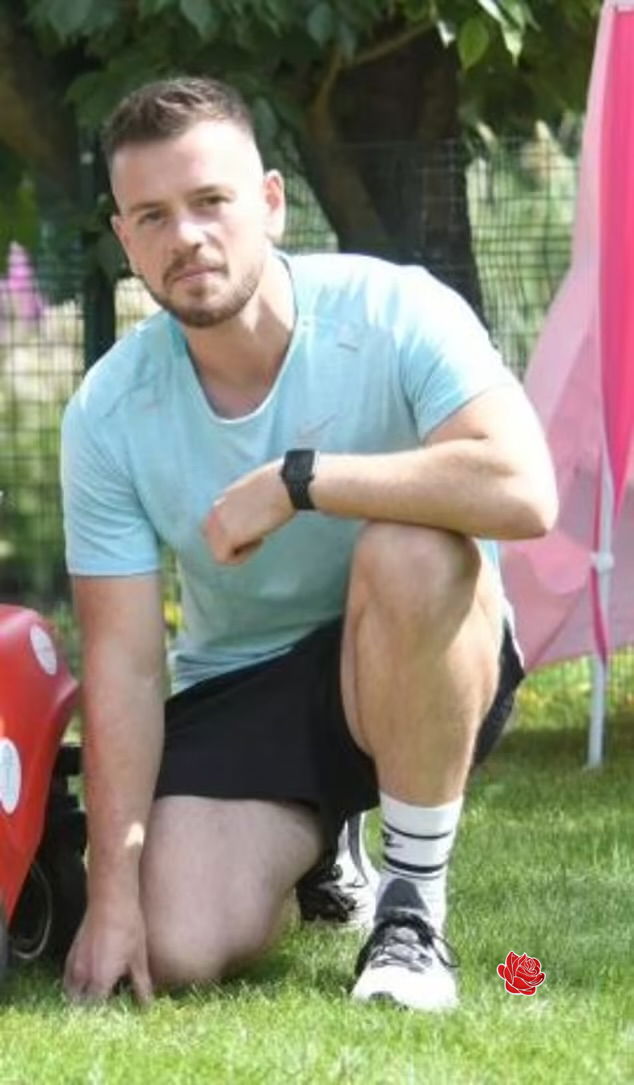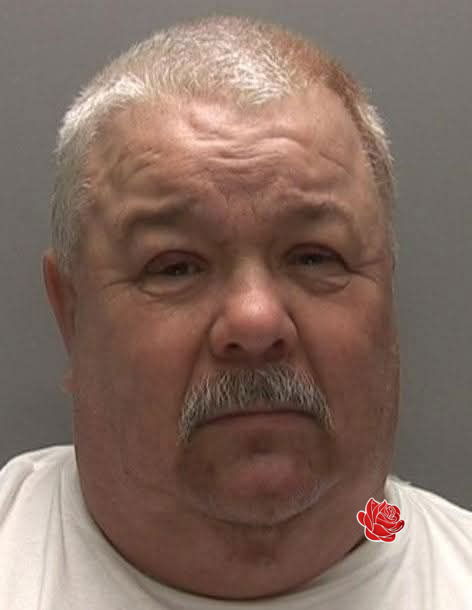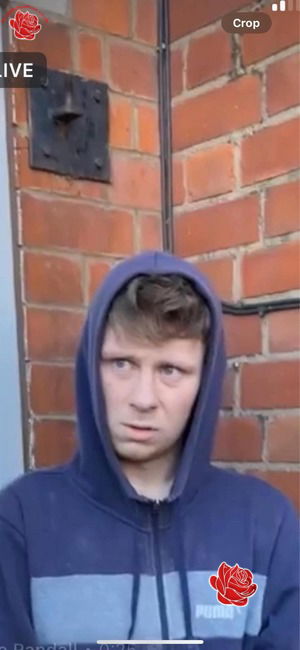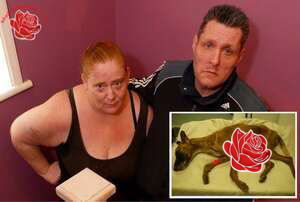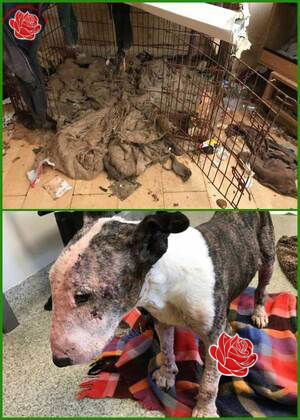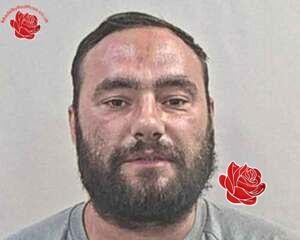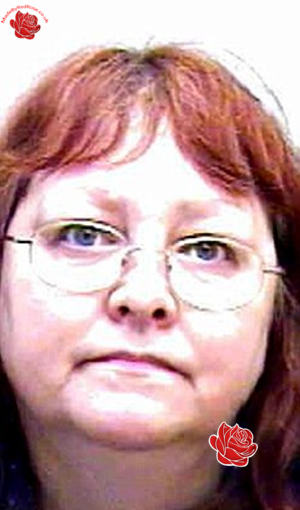Scott Higgins/Lisa Doxey's Social Media Accounts
Know a Social Media Account Linked to Scott Higgins/Lisa Doxey?
Want to add information? Log in to your account to contribute accounts and phone numbers.
SCOTT HIGGINS AND LISA DOXEY FROM GRIMSBY FACE SERIOUS CHARGES IN CONNECTION WITH CHILD AND ANIMAL ABUSE MATERIALS
In a significant case that has shocked the local community of Grimsby, authorities have uncovered a disturbing collection of illegal images and videos involving children and animals, leading to serious legal consequences for the individuals involved. The investigation revealed that Scott Higgins and Lisa Doxey, both residents of Grimsby, were found to possess a substantial number of indecent materials stored across multiple electronic devices.These materials included over 500 indecent images and videos, with the collection spanning several years, from 2007 to 2014. The images were classified into categories A and B, indicating the severity and explicit nature of the content. In addition to the images involving minors, authorities discovered numerous videos depicting animals in distressing and abusive situations, further compounding the severity of the case.
During the court proceedings, Scott Higgins and Lisa Doxey both claimed that their possession of such materials was linked to personal issues. Higgins stated that he was a hoarder and that he had a long-standing sexual development disorder, which he argued contributed to his actions. Despite these claims, the court took a firm stance on the gravity of the offenses.
The legal outcome was a sentence of 16 months’ imprisonment for each individual, but notably, the sentences were suspended for two years. This means that they will not serve time in prison unless they commit further offenses within that period. The court also imposed strict conditions, including mandatory participation in therapy programs aimed at addressing their underlying issues.
Furthermore, both Higgins and Doxey were subjected to a ten-year sexual harm prevention order, which restricts their activities and access to certain online content. They are also required to register as sex offenders, a measure intended to monitor and prevent future offenses. The case underscores the ongoing efforts of law enforcement to combat the distribution and possession of illegal and harmful materials, especially those involving minors and animals, and highlights the importance of community vigilance in reporting such crimes.
